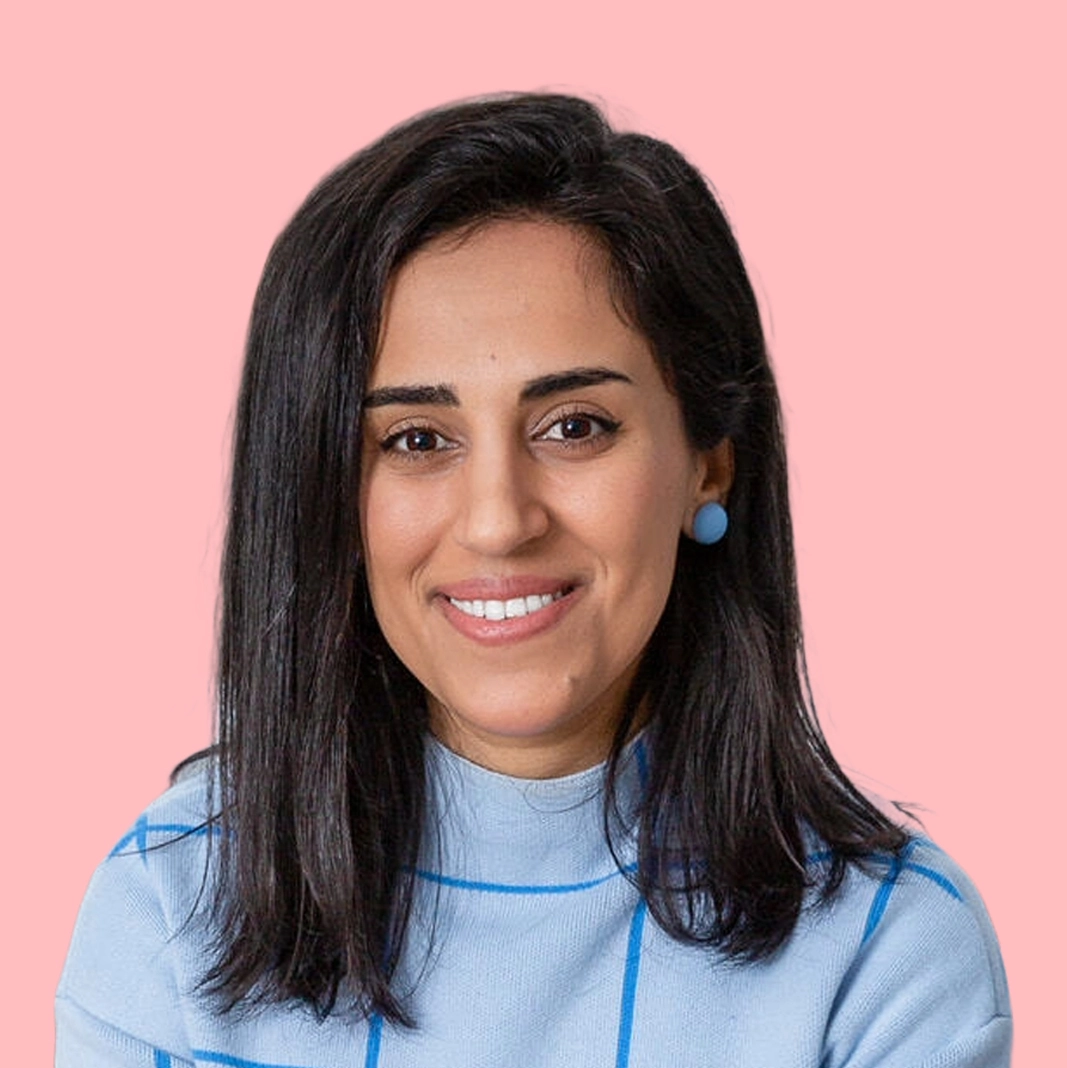Navigating Children's Sleep: Expert's Insight
Various approaches exist to children's sleep and Co-Sleeping, from supporters to opponents. I will explore these methodologies in this article and share essential tips to ensure Co-Sleeping is safe and comfortable.


Can newborns sleep with their parents?
There are three different approaches on this matter, as some experts in child sleep encourage newborns to sleep in their parent's bed with the following precautions:
- Avoid placing a blanket over the baby.
- The mattress should be firm.
- Neither parent should be a smoker.
- The newborn should sleep in a designated space surrounded by a safe frame from all sides.
According to this methodology, the child separates from sleeping with the parents when ready, which may occur at two or even six years old.
Another approach, known as the Inclusive Sleep Approach, which I lean towards, adheres to the recommendations of the American Academy of Pediatrics. It suggests having an adult close to the infant until six months or a year before transitioning to a separate room. This doesn't necessarily mean co-sleeping but having the infant sleep in the same room as the parents in an independent crib adjacent to the parent's bed, open from the mother's sleeping side. This option has several benefits, including promoting natural breastfeeding, helping the mother get better sleep, and strengthening the bond between the mother and the child.
According to this approach, which takes a holistic view of the child, the child's growth and development should be considered when making decisions about their sleep. The child undergoes significant emotional development at age two and may experience new feelings like fear. Darkness becomes associated with fear, prompting the child to return to the parent's room. The child's need for the parents at night may continue until they approach age, and parents can meet this need by either allowing the child to sleep in their bed or room or staying with the child until they fall asleep.
The third and final approach advises against infants sleeping at all next to their parents as it poses a risk to the child's safety and could lead to death.
Training a child for sleep independence
It is important to note that training a child to sleep in a separate bed or room comes after training them in other skills during the day. We cannot expect a child who relies on parents for everything during the day to accept independence at night.
For example, suppose a three or four-year-old still uses a pacifier or bottle. In that case, it is advisable to wean the child off these items during the day first, ensuring they have entirely given them up before transitioning to sleeping in their bed and room.
Crucially, both parents must agree that it is time for the child to sleep independently to support the mother during the child's sleep training. The next step involves preparing the child's room and involving them in these preparations while building excitement about the new room. It is also essential for the separation not to be sudden but gradual. The mother should be present with the child in their room during the first few days, then gradually withdraw. For instance, in the first couple of nights, the mother can lie next to the child on their bed, then sit at the edge of the bed the next night, sit beside the bed, and eventually stand at the door for a while until finally withdrawing entirely after a few weeks.
Check out Experts' Tips on Potty Training





